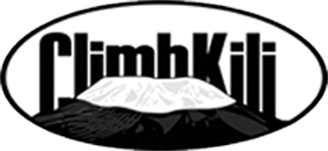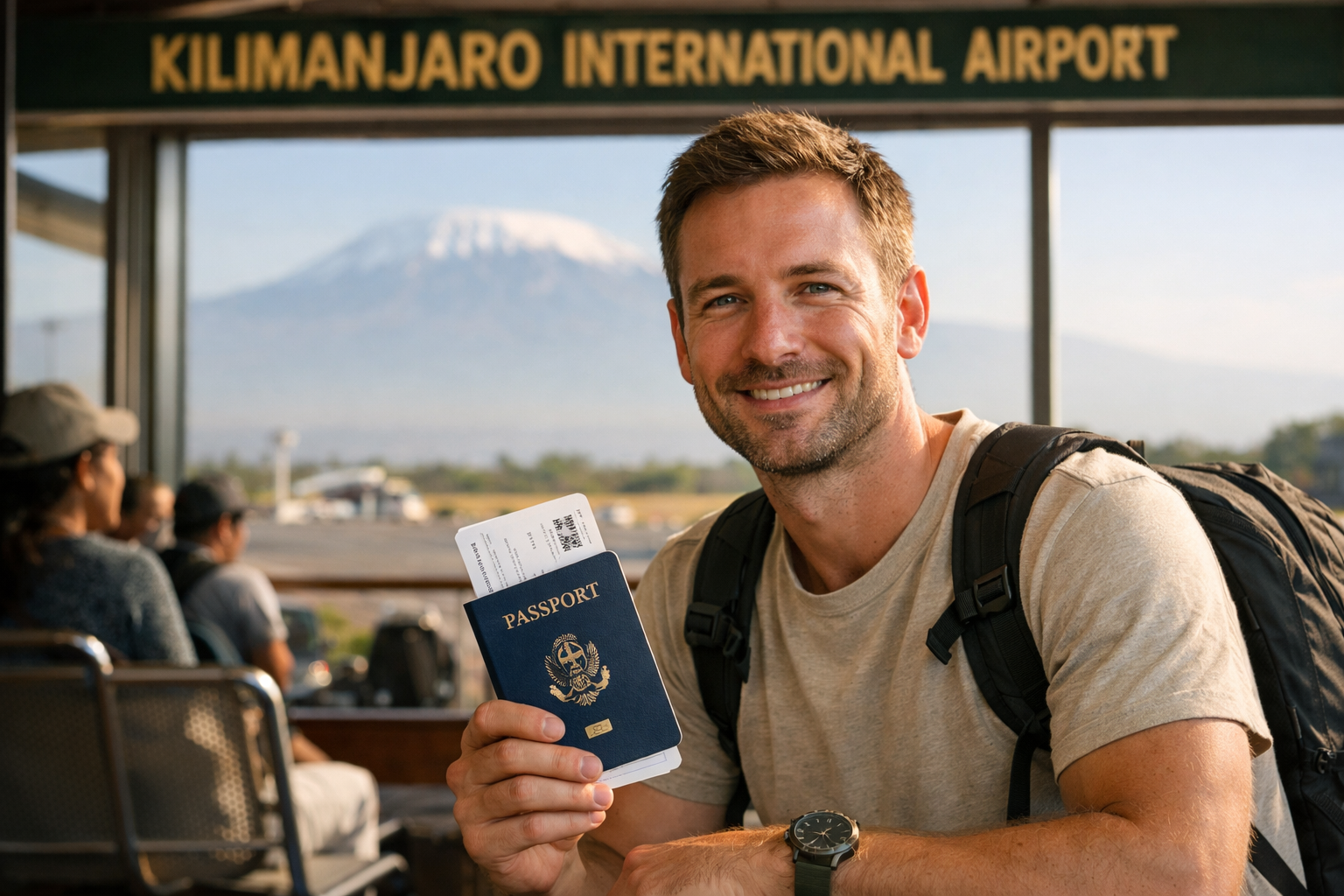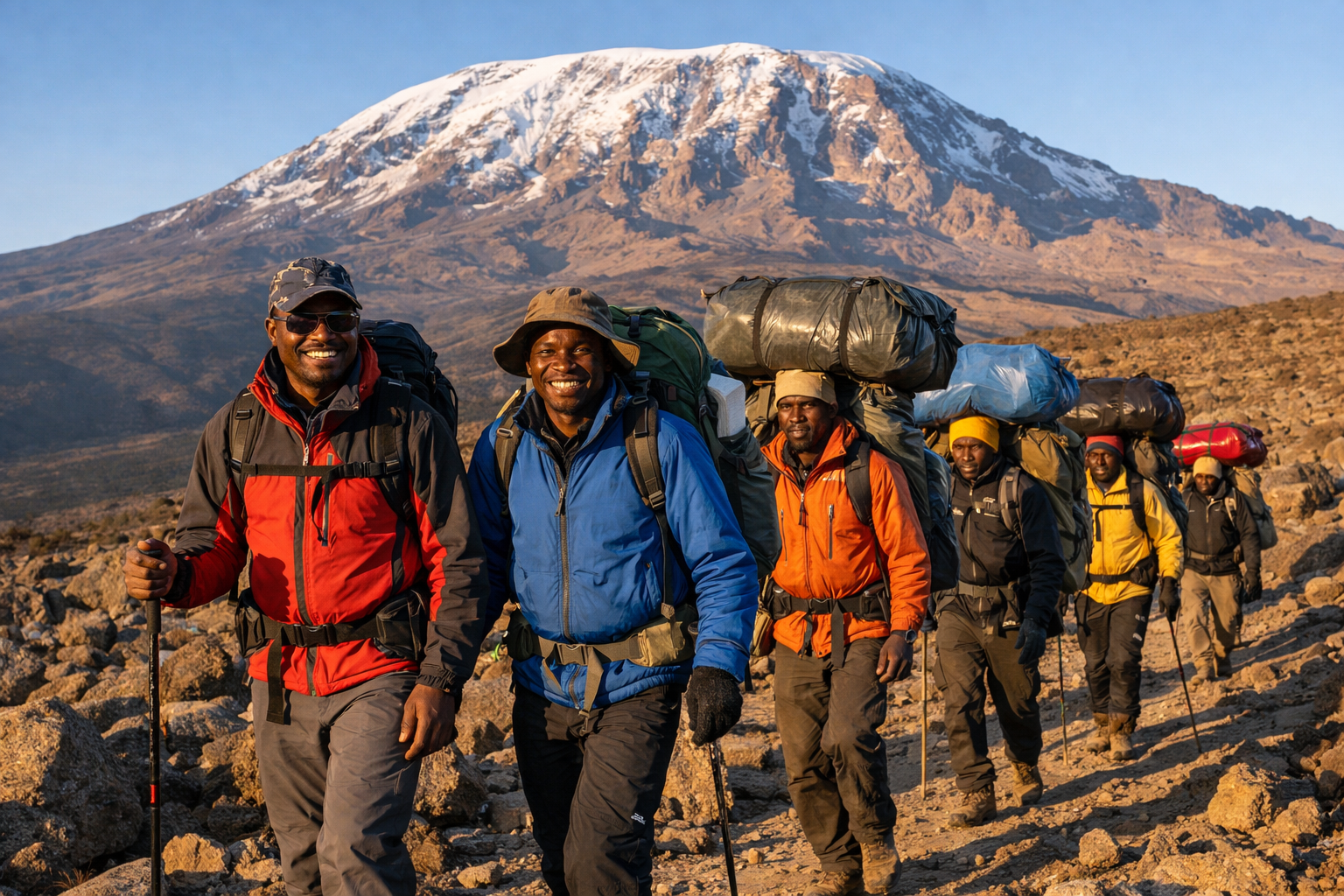Yes—many individuals with mild to moderate asthma have successfully climbed Kilimanjaro. However, the decision to attempt this high-altitude trek must be made with care, and in consultation with a qualified medical professional.
Climb Kili has guided trekkers with asthma and other respiratory conditions, and while we do not offer medical advice, we do provide experience-based accommodations to help support your safety on the mountain.

Your doctor knows your medical history best and is the only one qualified to advise you on the safety of a Kilimanjaro climb with asthma. When speaking with your physician, be sure to cover:
- How well your asthma is controlled
- Your reaction to physical exertion and cold temperatures
- Whether high-altitude exposure is suitable for you
- Medications and emergency protocols to follow on the mountain
A pre-climb medical evaluation or altitude simulation may be recommended for further safety.
Altitude Considerations for Asthma
The effects of altitude vary by individual, and for those with asthma, it introduces specific concerns:
- Dry, cold air at high elevations may irritate airways
- Lower oxygen levels can make breathing more difficult
- Increased exertion during long trekking days can add stress
That said, some asthmatic climbers notice no change, while others need to pace themselves more carefully.


We aim to make your climb as safe and comfortable as possible. While we don’t diagnose or treat asthma, we do take the following steps:
- Offer slower, customized pacing to reduce overexertion
- Recommend longer routes like the 8-day Lemosho for improved acclimatization
- Perform daily health checks, including pulse oximeter readings
- Carry emergency oxygen and maintain clear protocols for altitude illness
If you alert us in advance, we discreetly inform your guide and crew about your condition, ensuring you’re looked after without being singled out.

Smart Tips for Asthmatic Climbers
- Carry your rescue and maintenance inhalers at all times
- Pack medication in waterproof, insulated pouches
- Hydrate regularly to combat dry air
- Use a buff or mask to warm incoming air
- Avoid overexertion and communicate any discomfort promptly
- Consider bringing a peak flow meter to track your breathing
Health First, Summit Second
Kilimanjaro is an achievable goal for many with asthma, but preparation is everything. Always speak to your doctor, understand your limits, and choose an operator like Climb Kili that respects your pace and wellbeing.
Disclaimer: This article is for informational purposes only and is not a substitute for medical advice. Always consult your healthcare provider before engaging in high-altitude trekking.
If you’re looking for a climb that puts your health first, contact Climb Kili to discuss personalized support for your journey to the Roof of Africa.





